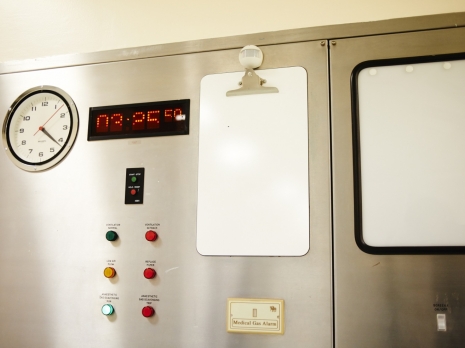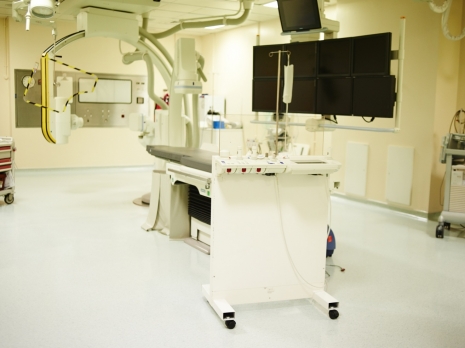Child
- About
- Meet The Team
- Conditions
- Dental Practitioners: Dental care in children at risk of Infective Endocarditis
- Looking after your child’s oral health
- Coming for an echocardiogram
- Outpatient Appointments
- Preparing to Come into Hospital for Surgery
- On Admission to the Children's Ward
- Visiting
- Operation Day
- Children's Intensive Care
- Daily Routine on Intensive Care
- Managing your child's discomfort
- Going Home
- Children's Cardiac MRI Scan
- Cardiac Catheter
- Reveal Device
- Ablation Procedure
- Pacemakers
- INR and Warfarin
- Lifestyle and Exercise Advice
- School Advice
- Attachment
- Yorkshire Regional Genetic Service
- Advice & Support Groups
- Your Views
- Monitoring of Results
- Second Opinion
Cardiac Catheter
-
Have a look at the Hybrid where our catheters and ablations are carried out.
-
This guide will provide general information about cardiac catheters.
There are many different reasons for this intervention ranging from a diagnostic catheter to coil occlusions and insertion of amplatz devices. Most of the care given is the same but some parts of the treatment may differ, your child’s nurse will tell you exactly what will happen to you.
If you are staying in hospital, even for the day, the nurses will have to “admit” your child. This is where a couple of forms have to be filled in, just asking about your child and their medical history.
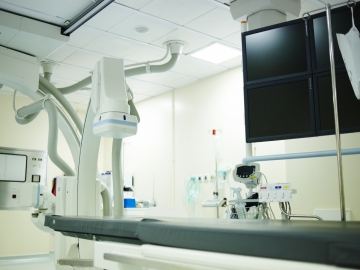
-
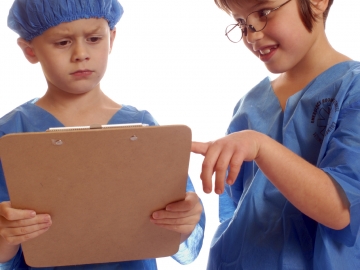
Observations
Your child will have their blood pressure, pulse, respiration rate and temperature recorded by the nurse. Their height and weight will also be measured and recorded. The ward doctor will ask a few questions regarding past and present health, any medicines your child may be taking and also perform a quick examination e.g listen to the heart etc.
-
Fasting
For several hours before the operation your will not be allowed to eat or drink. This is important as anything given during this time could cause vomiting, during or after the operation. Fasting information will be included on the admission letter that you receive.
Anaesthetic
Your child will be seen by an anaesthetist on the ward before their cardiac catheter. you will be seen by an anaesthetist. They may be prescribed a pre-med to make your child feel more relaxed. The nurse may also put some local anaesthetic cream on the back of your child’s hands to numb the skin in case they need a cannula.
When it is time for the procedure your child’s nurse will take you and your child round to the cardiac catheter suite. Usually 1 parent and the nurse can stay in the anaesthetic room until the child is asleep.
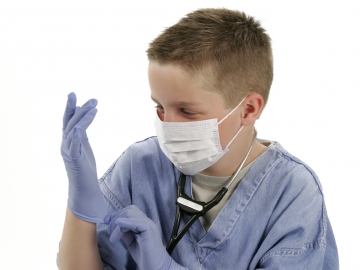
-
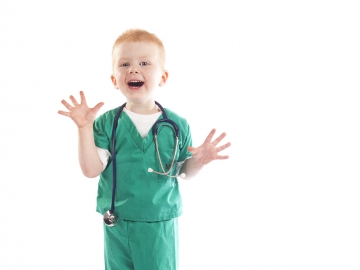
Recovery
When the procedure is over, your child will be taken round to the recovery area where they will start to take up from their anaesthetic but may still be quite sleepy. The ward nurse will come and collect your child, along with parents, and transfer them back to the ard. Once settled back on the ward your child will have to stay in bed.
The nurse will have to do regular observations similar to before, every 15 minutes for the first 2 hours then becoming less frequent. This is just to make sure your child is ok after their catheter, so don’t be worried! They can have something to drink and eat, and can watch tv or sleep if they want to.
-
Going home
The medical staff will review your child either later the same day or the next morning, after this you should be able to go home. The nurse will give you discharge information and any medicines you may need to take home to give to your child.
You will be given a letter to hand in at your GP’s surgery and an outpatients appointment may be arranged and sent to you via post.
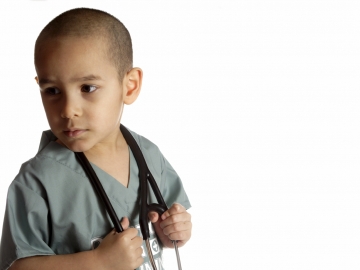
-
